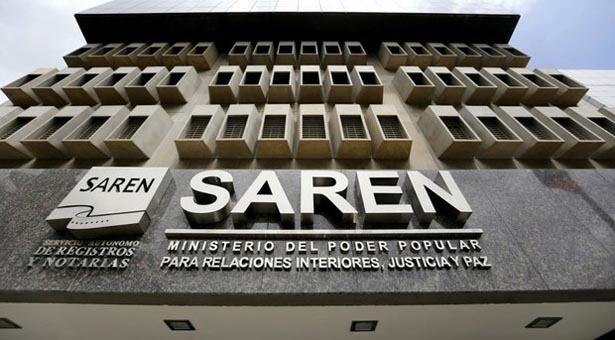United Nations High Commissioner for Human Rights, Michelle Bachelet, arrived on Wednesday 19 July to Venezuela for a 3-day visit. On Thursday afternoon, the High Commissioner, human rights organizations and multiple victim groups met. In this space of one hour, 26 spokesmen were able to make requests to the High Commissioner. 20 of these interventions are registered in this document, which represents an overview of the activists’ demands for the human dignity of the country in a context characterized by the lack of democracy, increase in poverty and forced migration.
Below is one of such interventions.
Since the end of 2015, the OSC Organizaciones de la Sociedad Civil (Civil Society Organizations) warning about the necessity of studying the imminence of a humanitarian emergency in Venezuela and the urgency of action by the United Nations agencies to halt its advance. Since then, we had to face the denial of such situation from the national government, as well as from the different UN agencies in the field. Only Human rights organizations registered the tragic situation, which advanced like a tsunami. In 2019, we finally arrived at the installation of a humanitarian commission by the United Nations, but one that does not have the capacity to mobilize an appropriate response according to the scale and severity of the damage done, and one that pretends to separate the focus on humanitarian response from the protection of human rights.
We’re dealing with a complex emergency because, according to the UN’s own definition, it is caused by the breakdown of institutionality and the rule of law, as well as the crumbling of the economy, the State’s inability to provide basic services to the population and to political and economic interests of state actors that aim to control the people through abuse and arbitrariness, despite all the suffering and cost of human lives.
In the last few years, this emergency has created a massive amount of humanitarian needs that affects between 7 to 15 million people across the country, who are in a grave condition of insecurity, characterized by the deprivation of the right to food (due to the generalized hunger), the right to health (not only due to medicine shortages, but also due to the collapse of the sanitary system and the outbreaks of epidemics) and the right to education (due to the loss of access to schooling for children and adolescents, which deprives them of the safety net offered by the schools themselves), as well as the repression and the systematic violence against the civil population which demands these rights. The ultimate consequence is the greatest migrant and refugee crisis in the history of Latin America.
In that sense, the permanent field presence of a commission from your office is necessary, so that you may recognize the realities of people in vulnerable conditions, without access restrictions, and so that your office may become a channel to the mandate of the United Nations system in Venezuela, based on the protection of human rights and human dignity as the ultimate imperative that all agencies must seek. Only from the point of view of the protection of human rights, it will be possible to achieve a resolution to the political conflict that hurts our population, and it is these human rights, the bridge through which we’ll move past this humanitarian emergency and towards the reestablishment of justice, liberty and democracy.




